Open Page
Open Page with Chris Masters
Why do you write?
I figure that with practice I might improve. Even if I don’t, I will persist. If in an entire book there is one sentence that works, I see it as proof of growth. Sometimes that sentence stares back at me as if it came from somewhere else.
Are you a vivid dreamer?
The mind continues to conjure with greater imagination than can be recovered when consciousness returns.
Where are you happiest?
Like most people, with those I love. Life can deliver some harsh surprises, but also sublime moments, delightful but unanticipatable. I look forward to the next
Continue reading for only $10 per month. Subscribe and gain full access to Australian Book Review. Already a subscriber? Sign in. If you need assistance, feel free to contact us.


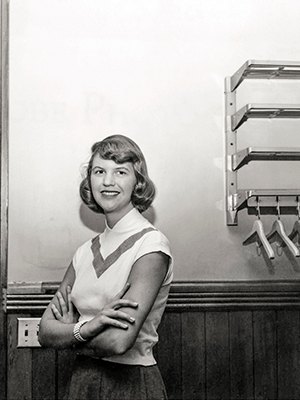

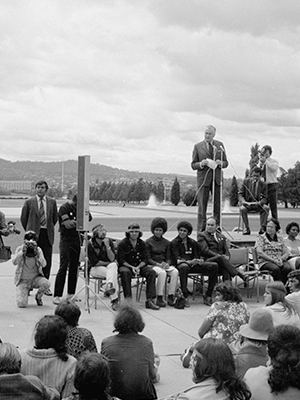
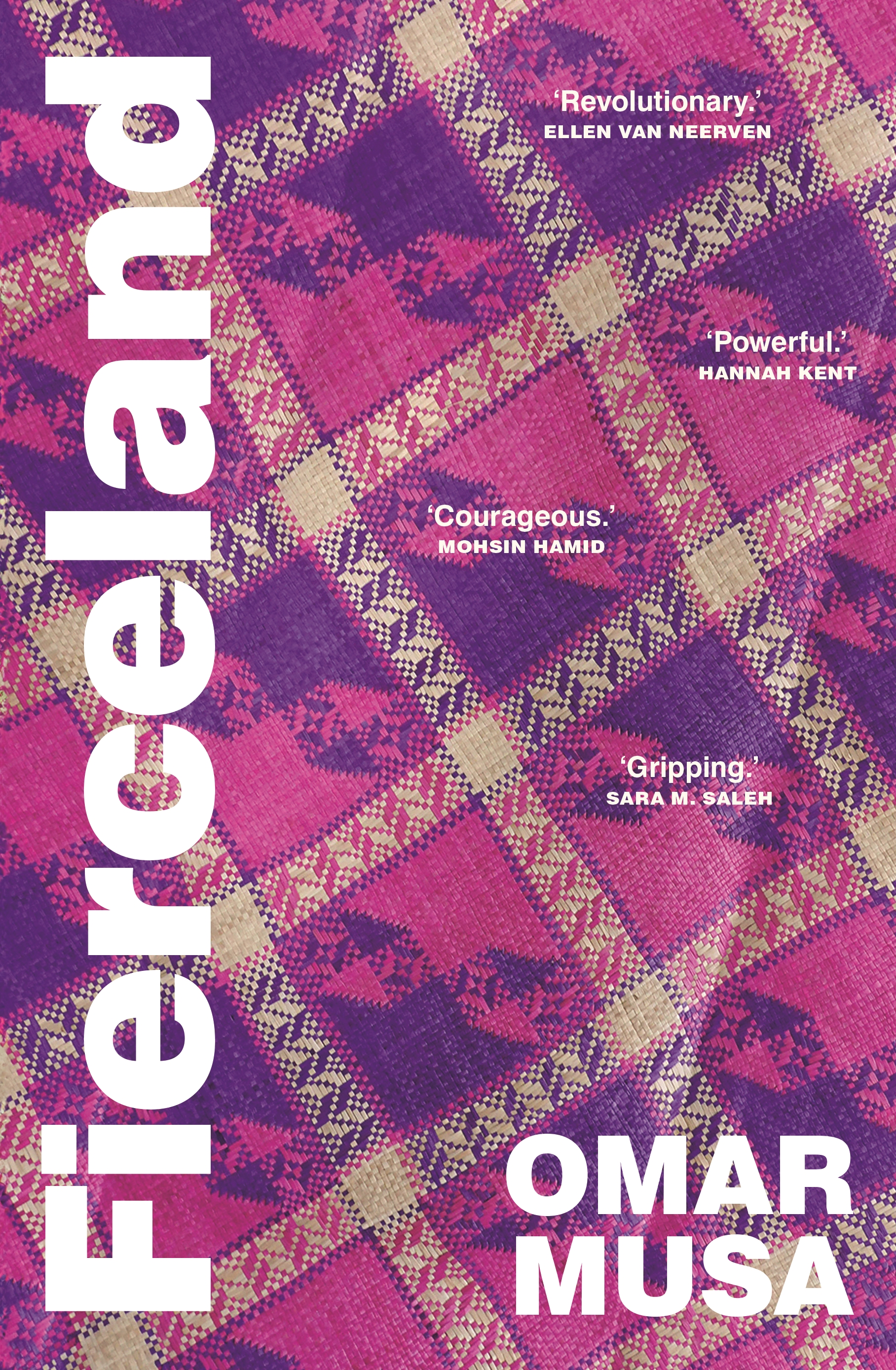
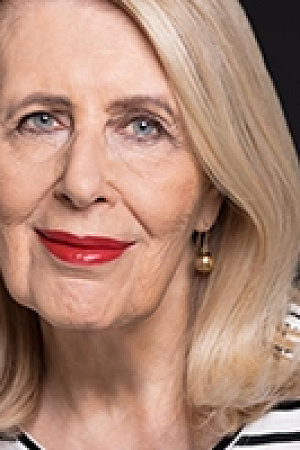


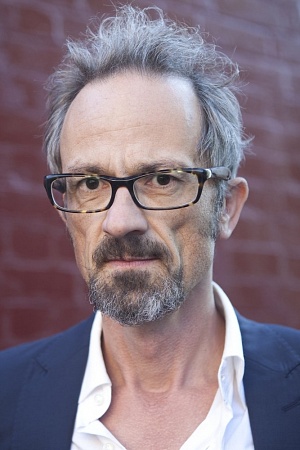
Leave a comment
If you are an ABR subscriber, you will need to sign in to post a comment.
If you have forgotten your sign in details, or if you receive an error message when trying to submit your comment, please email your comment (and the name of the article to which it relates) to ABR Comments. We will review your comment and, subject to approval, we will post it under your name.
Please note that all comments must be approved by ABR and comply with our Terms & Conditions.